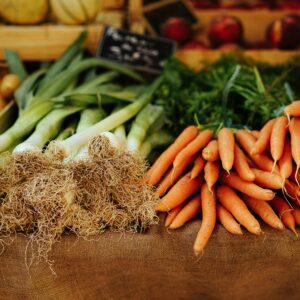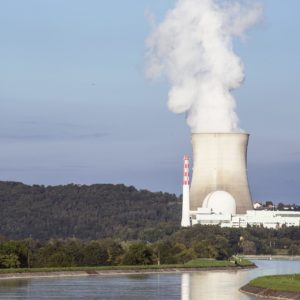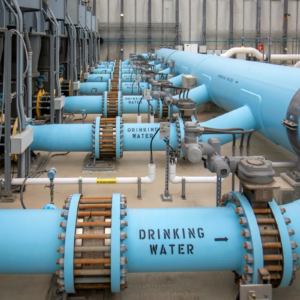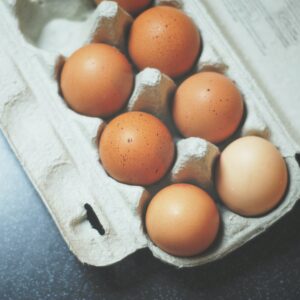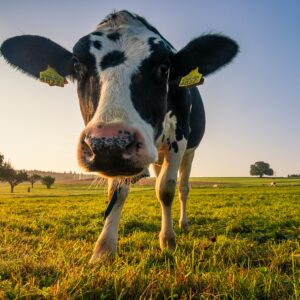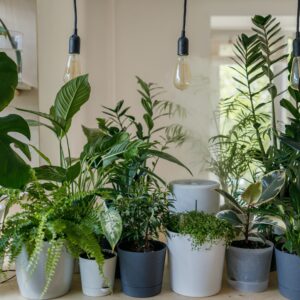"The Agriculture Department last month posted for comment two analyses finding little risk to the environment and forest ecosystem from a genetically modified chestnut, while acknowledging some uncertainty around its impact."
Compared to Europe, the American farm system is more efficient and sustainable
"Ultimately, we should recognize the wonders of modern agriculture. The benefits of high-yield farming are apparent: We feed more people more sustainably, all while having to charge them less for it. For instance, we need 60 percent fewer cows yet produce twice as much milk as we did in the 1930s. We need to build on these types of successes to make our food system more efficient and sustainable."
Ancient Indigenous practice could curtail today’s wildfires
"Between 1500 and 1900, Indigenous tribes in the southwestern U.S. regularly burned grasses, small trees and vegetation to clear out debris, invite plant growth and utilize more land for farming, Toya tells Axios."
The Boring Truth About Nuclear Waste
"The current generation of nuclear power reactors in the United States runs on uranium, formed into a ceramic somewhat like the material that makes up a coffee mug. The ceramic comes in the form of pellets about the size of a pencil eraser, and these are stacked in long, thin tubes. The tubes are bundled together into fuel assemblies that are up to 15 feet long and weigh about 1,000 pounds each. When they are new, they are barely radioactive, and technicians can handle them wearing cotton gloves."
Could Desalination Present a Solution to Rising Sea Levels?
Opening the door to private investment in desalination could mitigate rising sea levels and water scarcity.
Eggs found to remove salt and microplastics from seawater
"Other proteins also worked indicating that the material can potentially be produced in large quantities relatively cheaply and without impacting the food supply. Now, the researchers are focused on refining the fabrication process so it can be used in water purification on a larger scale."
Accelerating climate-smart practices on U.S. dairy farms
"In addition, the solutions to dramatically reduce U.S. dairy’s GHG footprint, including methane, are emerging and largely exist. These practices include a host of interventions such as digesters, which convert methane from manure into renewable natural gas; feed additives to help minimize the effect of enteric ("cow burp") emissions; energy efficiencies across dairy operations; and regenerative farming techniques that can improve soil health and potentially capture carbon in the soils."
Engineers developed a breakthrough method to generate hydrogen gas in one-step process
"In comparison, current catalytic technology refineries work through a method known as the Claus process, which requires multiple steps. Also, it produces sulfur but no hydrogen, which is converted into water."
Meet The Entrepreneurs Who Designed Pollution-Killing Plants
"The actual plants will be far larger once they’re ready for sale. The Neo P1 sits on a custom-designed tall stand that both maximizes its air-cleaning properties and allows it to be watered far less often. Initial testing, conducted in partnership with Ecole Mines-Telecom of Lille University, showed the new plant was up to 30 times more effective at removing VOCs from the air than the most efficient plants found in nature."

